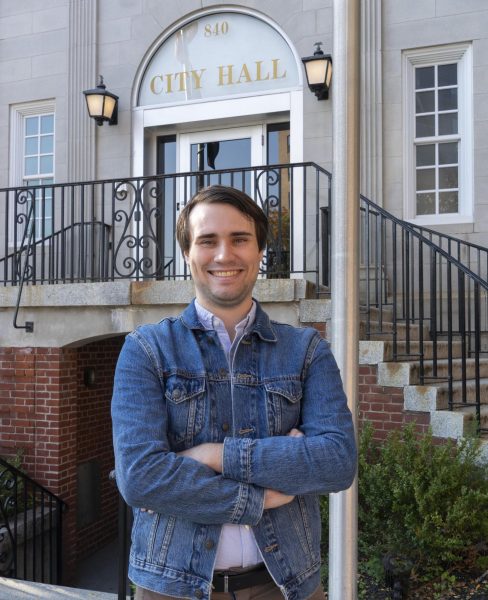It turns out that the outside counsel hired to fill the role of city attorney last month is not legally allowed to act as counsel to the city. The White Plains based law firm Keane & Beane discovered this while reviewing the city charter. Article IV of the current charter requires Corporation Counsel, a civil service position, to provide legal services to the City of Peekskill.
At the Nov. 4 Common Council meeting the firm recommended amending the charter (via Article XI) to create a Department of Law. Housed under this new department would be the original Corporation Counsel’s office and a newly created City Attorney’s office; the latter to be staffed by an outside law firm. The decision to have in-house or outside counsel would be left up to the city manager.

At the request of City Manager Matt Alexander, the firm also asked the council to consider two other amendments to Article XI, for amounts applicable to approval of contracts (Section 103) and settlement of claims (Section 104). Eric Gordon, an attorney with Keane & Beane, suggested raising the limit the city manager may authorize for contracts without requiring approval by the Department of Law from $5,000 to $20,000, to facilitate day-to-day city operations.
For settling claims, Gordon suggested raising the limit to $25,000 from $5,000.
“We want to give authorization to the city manager to settle claims up to $25,000,” he said. “I think this was written a number of years ago and $25,000 was sort of the equivalent of $5,000 back then. So we figured if there’s a $10,000 ‘slip and fall’, it’s better to have the City Manager be able to authorize that at the recommendation of the Department of Law.”
Several council members raised concerns with the city manager authorizing $25,000 settlements without council approval. The council chose to make the limit $15,000 instead, except for Councilman Ramon Fernandez who proposed keeping the limit at $5,000.
The council will hold a public hearing on Nov. 25 about revising the Corporation Counsel provision in the charter, ensuring all references to Corporation Counsel in the charter are changed to the Department of Law for consistency, and revising amounts applicable to approval of contracts and settlement of claims.
The resolution for holding that proposed hearing passed 5 to 1 at Tuesday’s meeting, with Councilman Fernandez being the only one to oppose. Mayor Vivian McKenzie, who for family reasons had to attend the meeting virtually, could not vote. According to Interim Corporation Counsel Eric Gordon, a member of the council can only vote virtually if they have an emergency or health issue.
The proposed changes to the charter are available here. (This documentation indicates that since the Nov. 4 meeting, the Common Council may have decided to make the settlement claims limit $10,000 instead of $15,000.)
During the Nov. 4 meeting, Gordon also proposed appointing a conflict counsel for matters where they have a conflict or are unable to represent the city. At the Nov.12 meeting, the council voted to pass a resolution to appoint Leventhal, Mullaney & Blinkoff, LLP as that conflict counsel by a vote 5 to 1. Councilman Fernandez was once again the only member to say no.
City proposes distancing requirements for cannabis dispensaries near public youth facilities
Local regulations for the use and sale of cannabis does not include any kind of distancing requirements for public youth facilities; that may soon change.
At the Nov. 4 Common Council meeting, Director of Planning Carol Samol proposed a zoning change that would bar dispensaries from being within 500 feet of those facilities, such as a library or playground. Such distancing requirements already exist when it comes to schools and houses of worship.
Councilman Brian Fassett asked if it would be possible to increase that limit to 1,000 feet, adding the law currently requires dispensaries to be at least 1,000 feet from one another. Samol said the specific distance of 500 feet was a recommended distance from the state.
“When you separate yourself 500 feet from an address, you are visually separated,” she said. “You are physically separated. There’s enough of a distance that it no longer has an influence on the other site.”
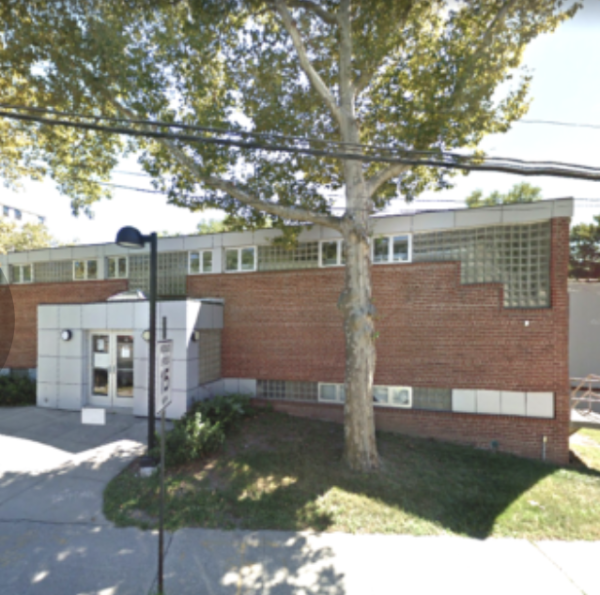
Interim Corporation Counsel Eric Gordon added that the distancing requirements couldn’t be unreasonably restrictive.
“If you increased it to 1,000 it may be too limiting and you may run into a situation where [the] Office of Cannabis Management says ‘No, that regulation is too restrictive by making it 1,000 feet’,” he said. “You might have to go through an analysis of ‘Well, where can dispensaries be? How many public facilities do you have? Does this allow any other place within the city where a dispensary can actually be located?’”
At Tuesday’s meeting, the council unanimously voted to pass a resolution that would refer the matter to the Planning Commissioner and further define what is a public youth facility. They also approved a public hearing on the matter on Nov. 25.
Ecological Citizen’s Project seeks lease agreement for community solar
The Ecological Citizen’s Project is seeking to bring community solar to Peekskill. The non-profit signed a development agreement with the city in April and now seeks a lease agreement with the city to move forward with the project.
Jason Angell, co-director of the project, said with engineering procurement and construction partners, Rettew and Croton Energy Group Inc., they have secured a $1.4 million grant from the New York State Energy Research and Development Authority Grant. Rettew also brought a $750,000 grant from the Bird Foundation. Both of these, Angell said, will help the project with bringing community benefits.
One proposed site for solar development is the Peekskill Wastewater Treatment Plant which would receive a 300 kilowatt (approximately) system to its roof. Another would be a floating solar array with a 1.65 megawatt system to the southern Camp Field Reservoir.
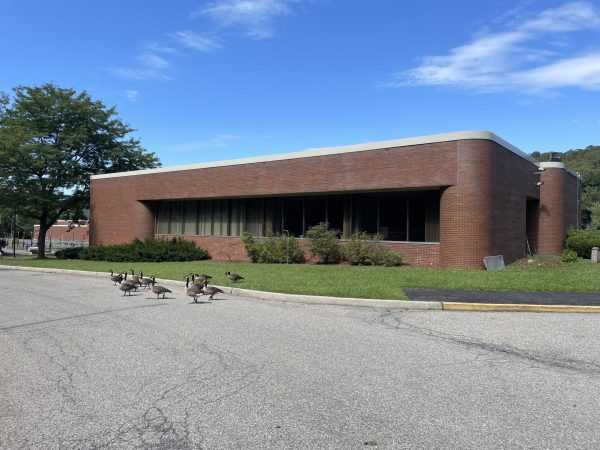
“What makes our team’s approach different is that this is community owned solar, so our nonprofit would own half of the system developed,” Angell said. “And as a nonprofit versus a for profit developer, we have an obligation to drive all the solar revenues back into public benefit.”
The City of Peekskill would own the other half of the system. According to Angell the city would have no obligation to cover any of the costs of the project’s finances, no obligation for the long term operations and maintenance of the system, or obligation for managing subscribers or insurance.
They would however receive the community benefits, he said, which include a 20 percent electricity bill savings to low-and-moderate income households, solar workforce training, and a food sovereignty fund to support food security initiatives in Peekskill like the Peekskill Regeneration Farm. The anticipated food fund over the 25-year life of the program is $1 million.
If the project receives both the lease and construction contracts, they would aim to complete construction of the plant rooftop in late spring or summer of 2025, and the Camp Field Reservoir project in late 2025 or early 2026. Back in July, council members and Water & Sewer Superintendent David Rambo visited Camp Field Reservoir and raised concerns about the impacts the floating solar project could have on water quality. In his presentation, Angell noted that many of the primary materials in floating solar panels like high density polyethylene (HDPE) and fiber reinforced polymer (FRP) are compatible with water and already used in the water treatment process.
Though Rambo has not signed off on the project yet, Angell said on Nov. 4 that at a recent meeting, Rambo did not see any major obstacles that would stop the project from moving forward. Angell and his team also agreed to finance an idea from Water & Sewer that would install a mechanism that would isolate the two Camp Field reservoir’s from each other in the event that water quality was affected, to ensure the entire reservoir would not be contaminated.
However, at Tuesday’s council meeting, City Manager Matt Alexander said he received a memo from Rambo asking them to contract with a professional engineering firm to understand all of the potential risks associated with the community solar project. Rambo received such a proposal from Arcadis Engineering for $10,000. Alexander said he reached out for alternate proposals as well and pushed the discussion of the contractor to another meeting. He noted that the professional engineering services would be paid for by the project development team.
Nora Barger, a senior project developer at Working Power, a solar financing firm, said she believed it was true that the lease agreement stated the group would be responsible not just for removing or remediating any system in the event of contaminants, but also restoring and rectifying any remaining problems.









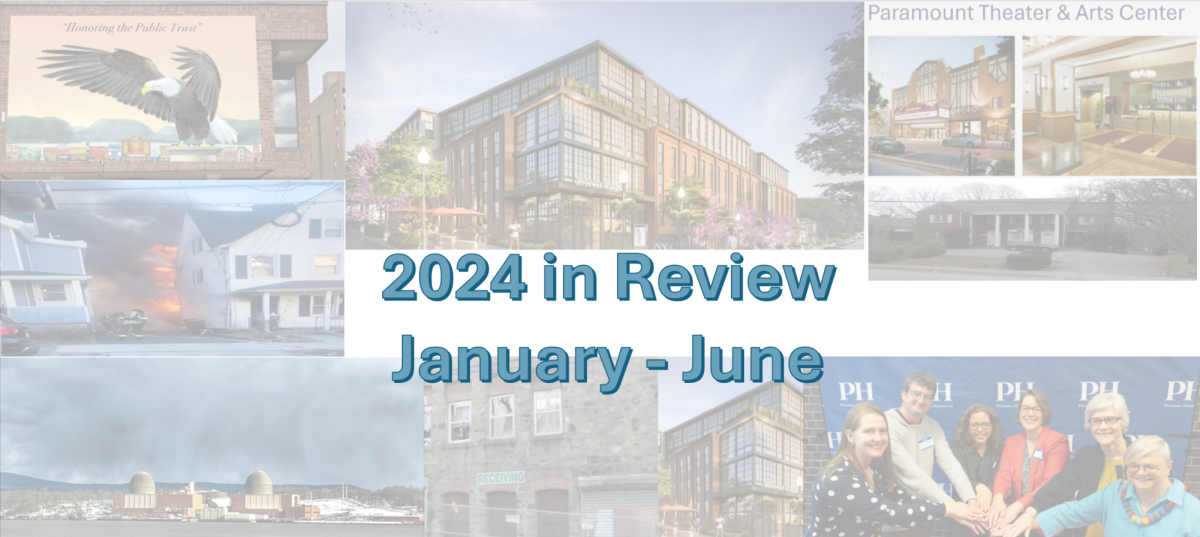





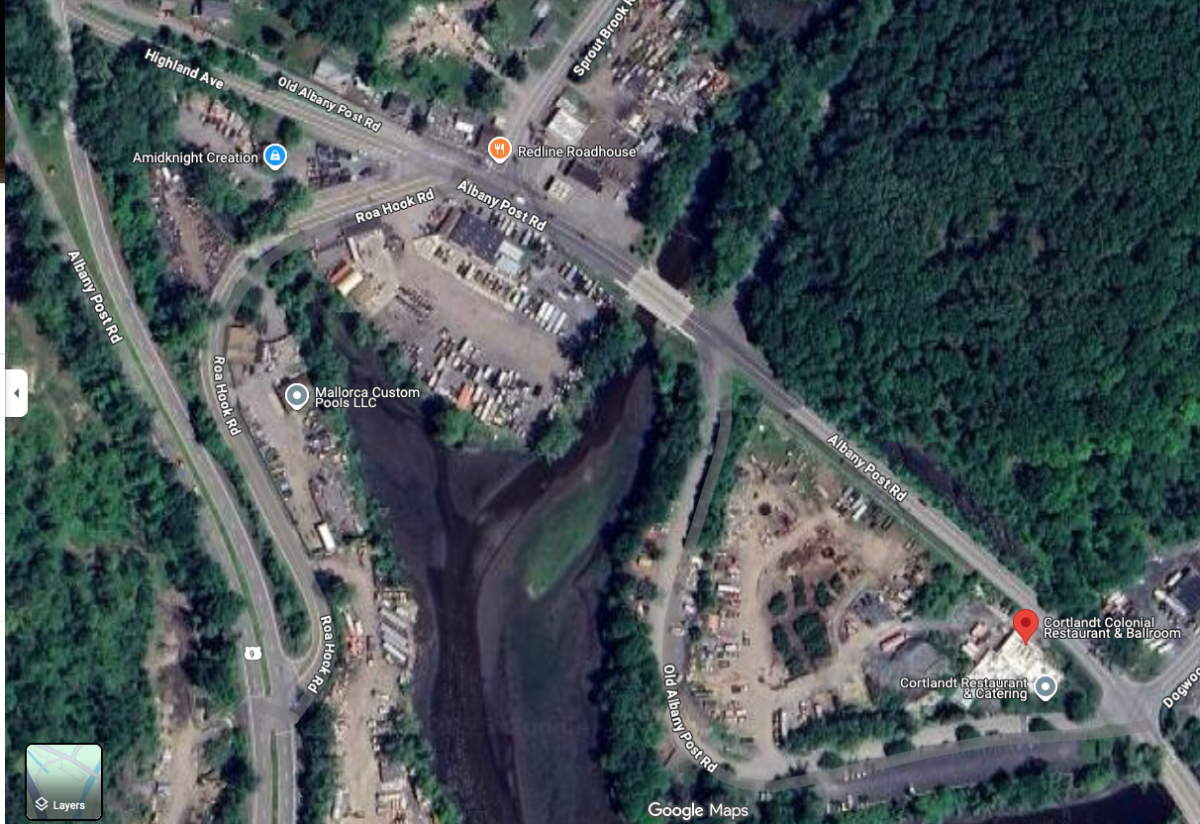
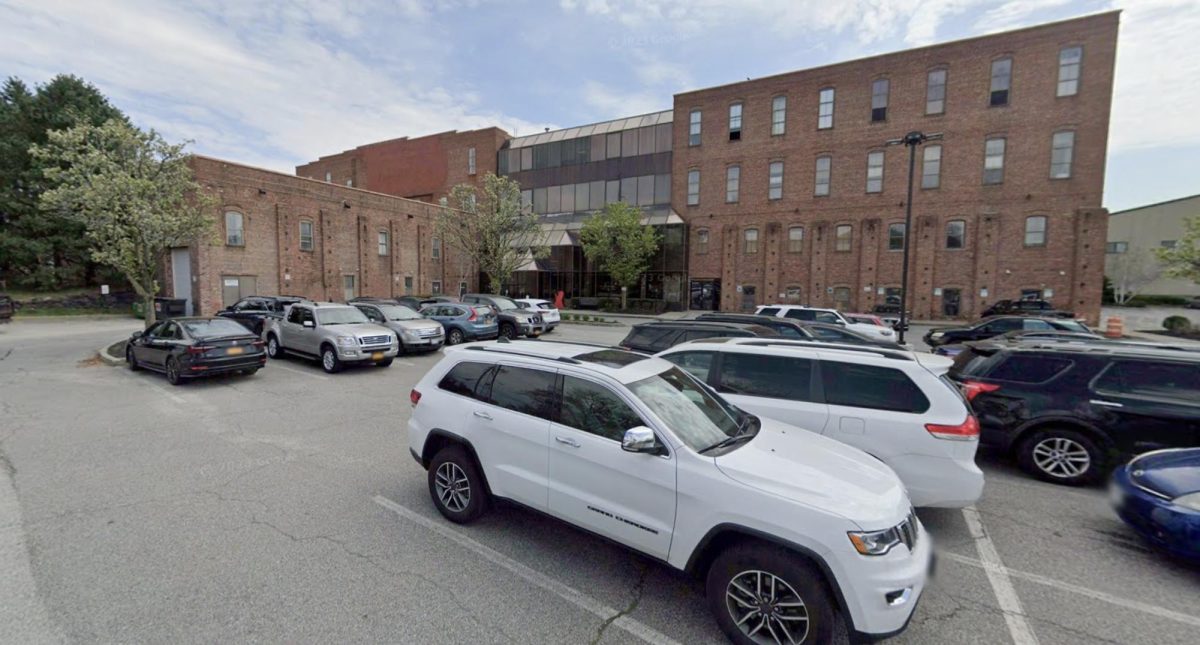
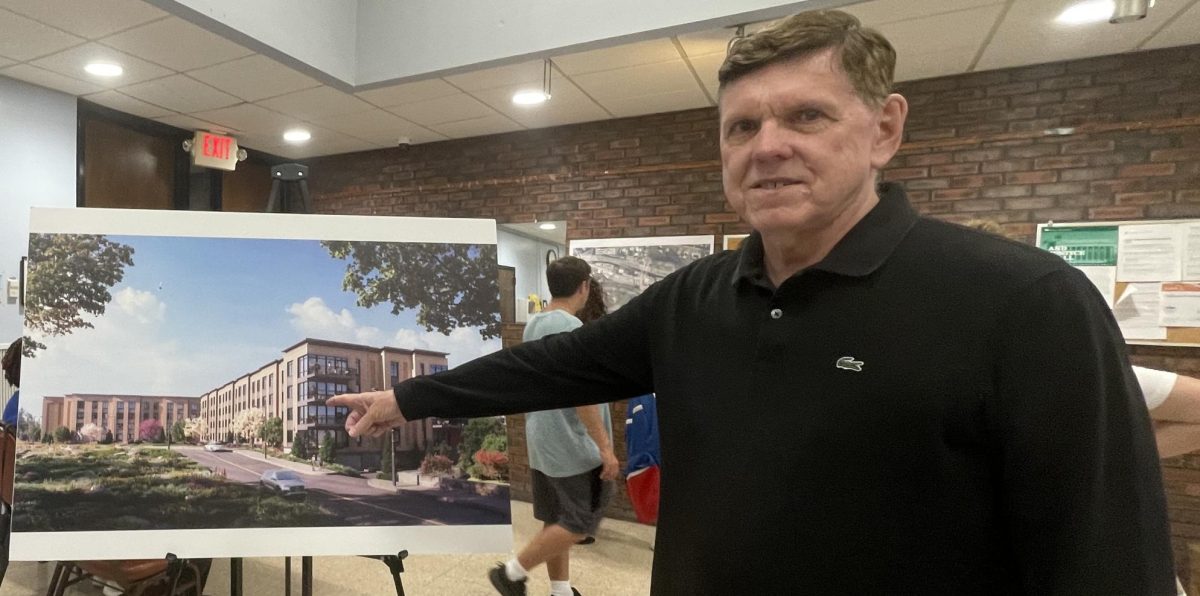

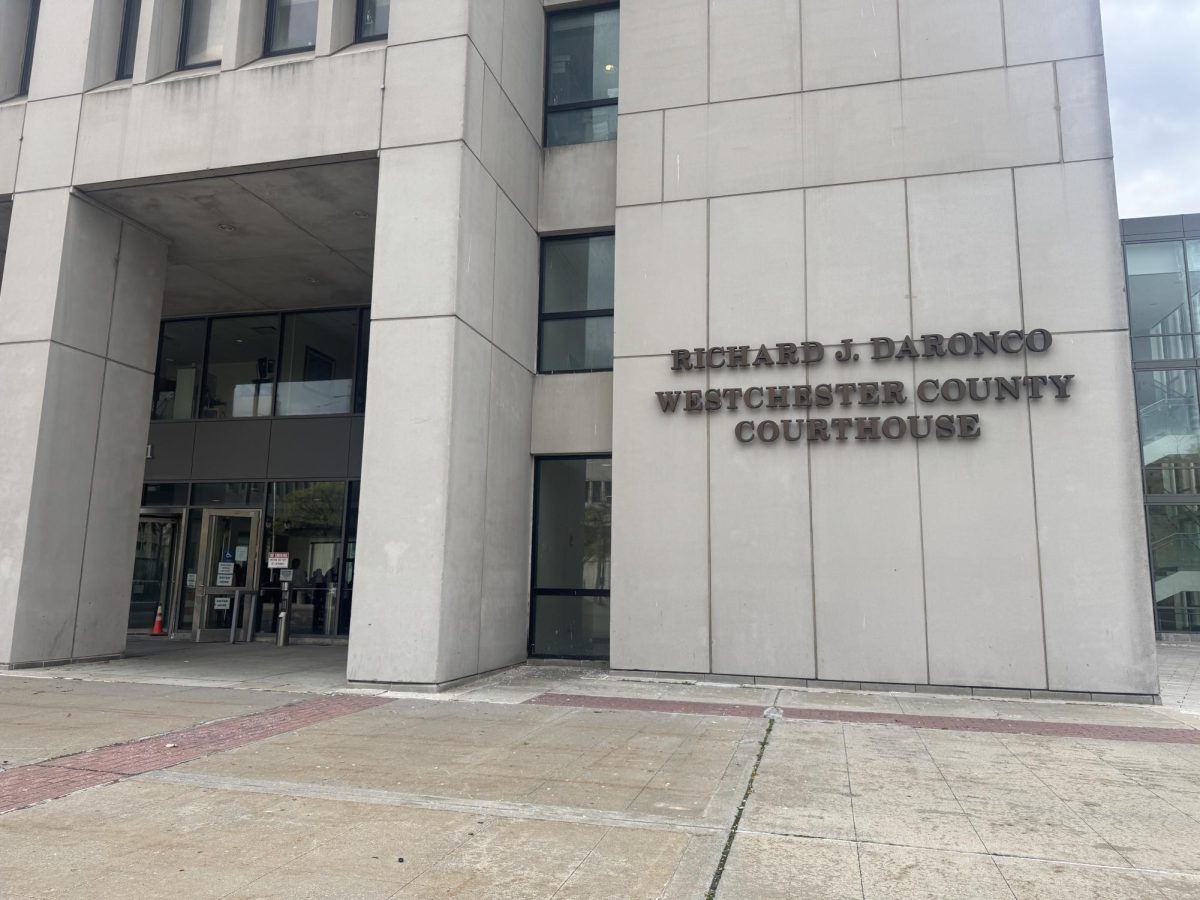



![Peekskill girls volleyball in action against Fox Lane on Oct. 16. (Peekskill City School District]](https://peekskillherald.com/wp-content/uploads/2025/10/Lead-photo-6-1200x640.jpg)
